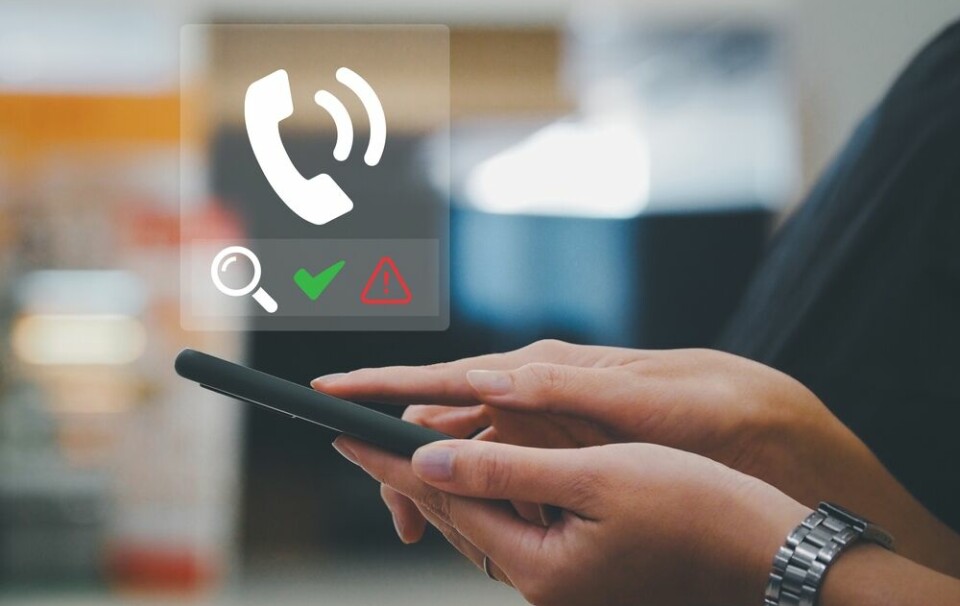-
Ryanair’s presence confirmed at Tours-Val de Loire airport
Bookings for summer flights to Marseille and Morocco are already open
-
Peak in flu cases in France expected in January
Pressure on hospitals is expected to intensify after the holiday period
-
France sees coldest Christmas Day in 15 years as ‘grand froid’ plan triggered
Sharp drop in temperature sees cold weather plan activated in more than a dozen departments
Homeowners in France warned over €1 insulation offers
Homeowners in France have been warned again about the risks of having housing insulation done for just €1, as the offer continues to circulate.

The issue goes back to 2017, when the government introduced a legitimate scheme to help homeowners of lower means to improve their home insulation and reduce their energy bills as a result.
The scheme - which is real - offers financial support depending on household income, and permits the most needy households to pay the symbolic cost of just €1 for the work.
Businesses that complete these energy-saving projects receive official credits for each job - named le Certificat d’Economie d’Energie (CEE) - and must collect a certain number of CCEs per year to avoid penalties.
In order to not lose money, companies who do the work must complete it within half a day, and use professional building staff to ensure that the project is done to the necessary high standards.
But many homeowners have reported low-standard work, projects taking weeks or months to complete, work being agreed before the company has seen the house or understood the scale of the job, and poor-quality insulation that ultimately requires more expensive repairs to fix - at full cost.
Earlier this year, housing agency l'Agence Départementale d’Information sur le Logement (ADIL) said that since late 2018, it had received an increase in complaints about complications linked to insulation work.
Many homeowners receive frequent cold phone calls or postal flyers with the tempting €1 offer, leading some to feel pressured to confirm a project quickly.
Even though the €1 offer itself may be legitimate, homeowners are still reminded that it is always advisable to ask the building company to come to your house to check the scale of the job before they agree to take it on, and to ensure a “quote” and/or plan of action before starting.
The building company must also be approved, and be listed as “Reconnu Garant Environnement” ou RGE. The full list can be seen on the Faire.fr website.
These prior checks should allow you to “precisely identify the company, and the nature of the work planned,” said fraud office la Direction Départementale de la Protection des Populations (DDPP).
In some departments, some local platforms exist to help individuals make more informed choices over which building companies to take on.
Cédric Peinturier, service head in the town planning and housing department Urbanisme et Habitat, said: “In Brittany, we are well-served when it comes to this, we have local platforms for house renovations. The aim is to successfully and independently advise people so they can better identify working builders who have the necessary approval and funds to do the work, and have the resources behind them [to do it properly].”
Marie-Annick Legris, president of the small construction and artisan businesses group la Confédération de l'Artisanat et des Petites Entreprises du Bâtiment (CAPEB) Morbihan, warned: “To pay one euro for a job, yes, it may only be one euro from your purse, but it means that you waive all rights you may have to any follow-up work.
“If you notice that the work has been done badly, and you want to re-do it, it will cost full-price, there will be no extra [funding] assistance available.”
Stay informed:
Sign up to our free weekly e-newsletter
Subscribe to access all our online articles and receive our printed monthly newspaper The Connexion at your home. News analysis, features and practical help for English-speakers in France
























